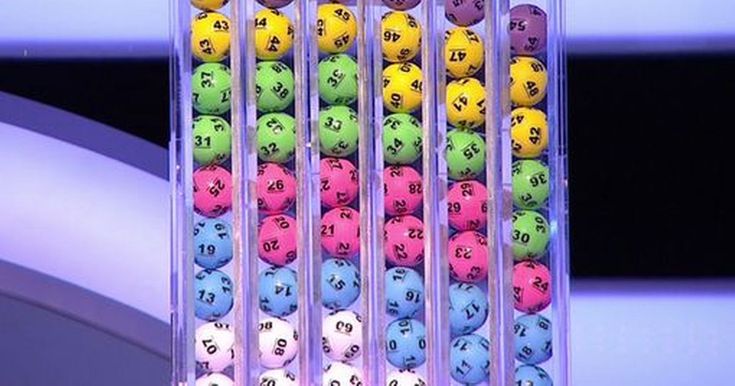The lottery draw is more than just a random selection of numbers; it embodies the dreams and aspirations of millions around the globe. With the potential to transform lives overnight, lotteries have captivated the imagination of people from all walks of life. In this article, we will explore the mechanics of a lottery result cambodia, the psychology behind playing, and the societal implications of this game of chance.
Understanding the Mechanics of a Lottery Draw
At its core, a lottery draw is a process in which a set of winning numbers is selected from a larger pool of numbers. The specifics can vary widely depending on the type of lottery. Some lotteries operate on a traditional number-picking basis, while others use elaborate machines to randomly select numbered balls.
1. Types of Lotteries:
- Traditional Lotteries: These often involve selecting a specific set of numbers, such as six out of forty-nine. If your numbers match those drawn, you win.
- Instant Win Games: These are scratch-off tickets where players reveal symbols or numbers to win prizes instantly.
- Raffles: Participants buy tickets for a chance to win specific prizes, with the winners drawn randomly from the pool of entries.
2. Randomness and Fairness: Lottery draws are designed to be as random as possible to ensure fairness. Many jurisdictions employ strict regulations and oversight to maintain the integrity of the game. This includes using certified random number generators or physical drawing machines that are monitored for transparency.
The Psychology of Playing the Lottery
The act of playing the lottery is deeply rooted in human psychology. It taps into the innate desire for hope and change. Here are a few psychological factors at play:
1. The Illusion of Control: Many players believe that certain strategies, such as choosing “lucky” numbers or playing regularly, can increase their chances of winning. This illusion of control can be a powerful motivator, even though the odds remain largely unchanged.
2. The Dream Factor: For most, the lottery is about dreaming. The prospect of winning life-changing sums of money allows players to envision a future free from financial stress, filled with luxury and adventure. This aspirational element fuels ticket sales, even among those who understand the low probabilities of winning.
3. Social Dynamics: Lotteries often foster a sense of community, as friends and coworkers join forces to buy tickets. Pooling resources can enhance the excitement, turning the draw into a shared event. This social aspect can make the experience more enjoyable and can even serve as a bonding activity.
The Societal Implications of Lottery Draws
While lotteries can bring joy and excitement, they also have significant societal implications. They can serve as a funding mechanism for public services but can also contribute to social issues.
1. Revenue Generation: Many states and countries use lottery proceeds to fund education, infrastructure, and social programs. This can make lotteries an attractive option for governments looking to raise funds without imposing direct taxes.
2. Gambling Addiction: Despite their benefits, lotteries can also lead to problematic behaviors. The thrill of the draw can create addiction for some individuals, leading to financial hardship and negative social consequences. Responsible gaming initiatives are critical to mitigate these risks.
3. Economic Disparities: Interestingly, lottery ticket purchases often reflect socioeconomic patterns. Studies have shown that lower-income individuals spend a larger percentage of their income on lottery tickets compared to wealthier individuals. This can lead to further economic disparities, as those with less disposable income may be drawn into a cycle of spending that offers little return.
